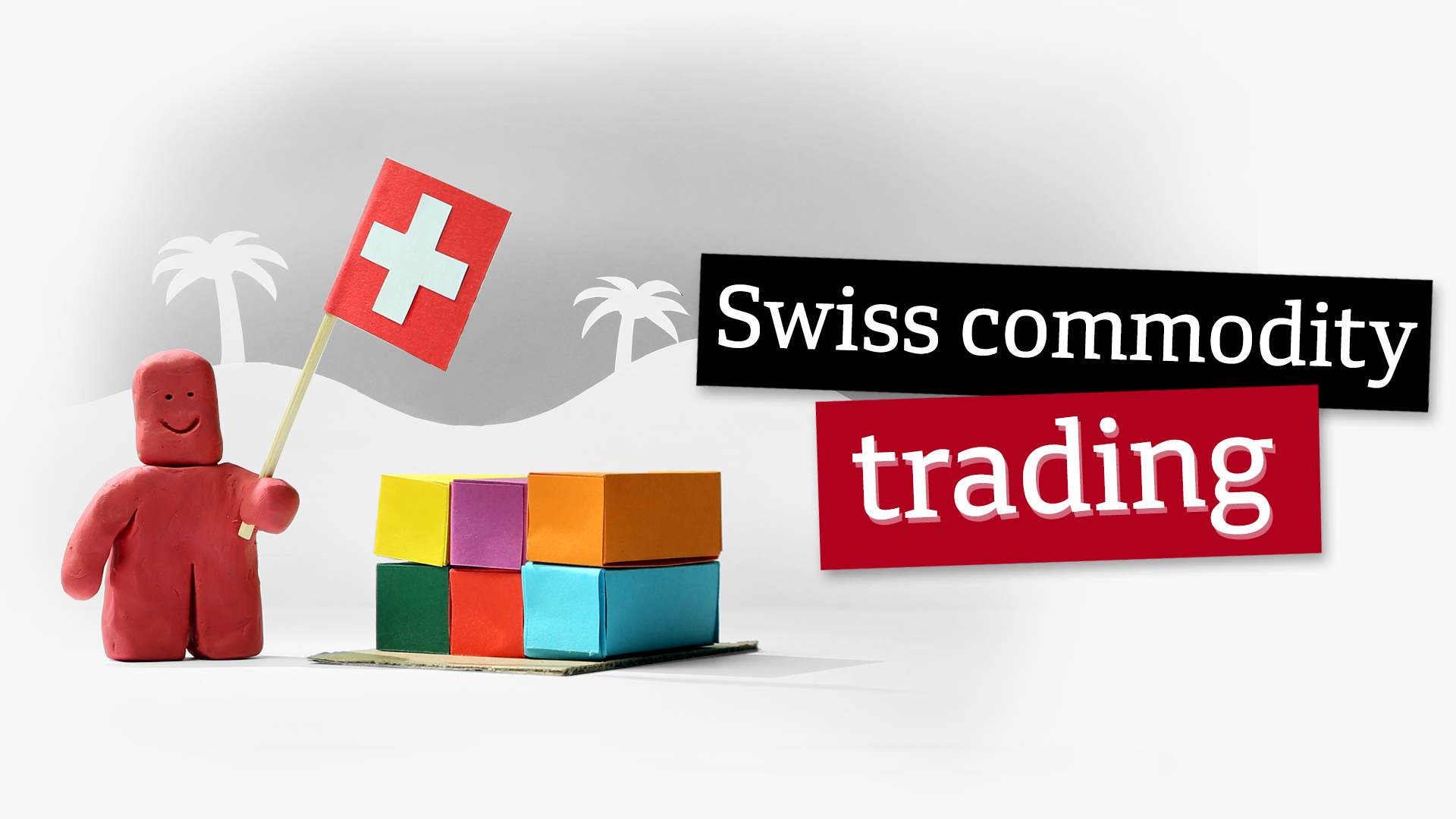
Swiss government wants more oversight of commodity trading sector

The government has commissioned a study to look into the country’s raw material traders amid more questions about the sector’s compliance with sanctions against Russia.
In an interviewExternal link with Swiss public television, SRF, on Saturday, Helene Budliger, who heads the State Secretariat for Economic Affairs (Seco), expressed confidence that sanctions against Russia have been implemented quickly and efficiently.
However, she noted that insight was lacking in some instances, especially when it comes to the commodity trading sector. For example, trade with Russia is sometimes not listed separately in the customs statistics. Switzerland has adopted various rounds of European Union sanctions including a price cap on Russian crude oil announced last December.
The government has now commissioned a study to gain a better overview of the sector, Budliger told the SRF radio programme Rundschau. This is intended to fill in gaps such as the number of jobs created and tax base of the raw materials sector.
Budlinger said that Seco has received credible confirmation that traders have shut down their business with Russia in accordance with sanctions but that they have limited ability to monitor compliance. “We are neither the police nor the public prosecutor,” she said.

More
Commodity trading in Switzerland, explained
Switzerland doesn’t have its own sanctions authority and thus relies on the cantons, banks, or federal agencies to report violations of the “complex” sanctions package. “We have to rely on the fact that companies operating in Switzerland respect Swiss law.”
Swiss NGO Public Eye has called on the government to establish a supervisory authority for the sector to boost transparency of the actual owners of trading firms and ensure that commodities don’t originate in conflict zones or countries subject to international sanctions.
Swiss Attorney General Stefan Blättler warned last July that Swiss commodity trading firms dealing in grain, coal and other commodities stolen from Ukraine that they could face prosecution for war crimes.

In compliance with the JTI standards
More: SWI swissinfo.ch certified by the Journalism Trust Initiative





























You can find an overview of ongoing debates with our journalists here . Please join us!
If you want to start a conversation about a topic raised in this article or want to report factual errors, email us at english@swissinfo.ch.